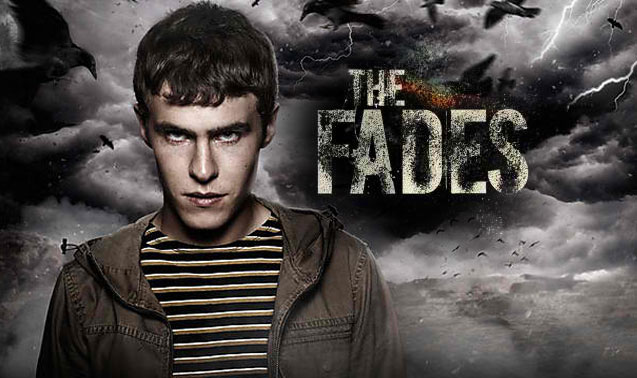
Just the experience of being in this new world that was so confusing that first year. It started from that moment, but it became its own thing. Write a play about everything you’re saying.” Then the next time I was like, “Here are fourteen pages,” and then it just came.

I did all the research but then was like, “How do I start this? How do I do this?” When we were checking in I was always complaining about my job, but I didn’t notice any of this, I was just like, “Get in there.” Then finally, I was complaining about my job and my friend Matt Gould was like, “Why don’t you just write about that? You complain about it every week, we have to hear about it every week, just write about that. I was supposed to be working on a musical biography of Lupe Vélez, the first crossover Mexican star in the 20s. I hate it here.” I never had pages because there was no time because I was still learning TV. I was like, “I want to go back to Chicago. I would always be rushing from my first TV job, barely making it and miserable-I hated my life. They would feed us, which was great, and they were really supportive and nurturing and everyone would bring in pages-and I never would bring in pages. I was at the Center Theatre Group Writer’s Workshop and we met every other week.


It wasn’t my moment it was a workshop-mate’s moment. I know you’ve been writing for TV for a few years now and that’s the world where Fade takes place, but what was your moment of, “Oh, this should be a play”? The other week, we met with the charismatic and gregarious Tanya a few blocks from the Cherry Lane to talk with her specifically about Fade-what inspired it, using autobiography in work-and ended up talking about a lot more. In October of 2014, we talked to Tanya about her career and the state of American theatre. The play comes from Tanya Saracho who, yes, has written for TV ( Looking, Girls, Devious Maids) while also being a playwright-she founded Teatro Luna in Chicago and is a member of The Kilroys.

In Fade, now playing at Primary Stages, a new TV writer and a studio janitor wrestle with what it means to be a young Mexican-American in 2017.


 0 kommentar(er)
0 kommentar(er)
